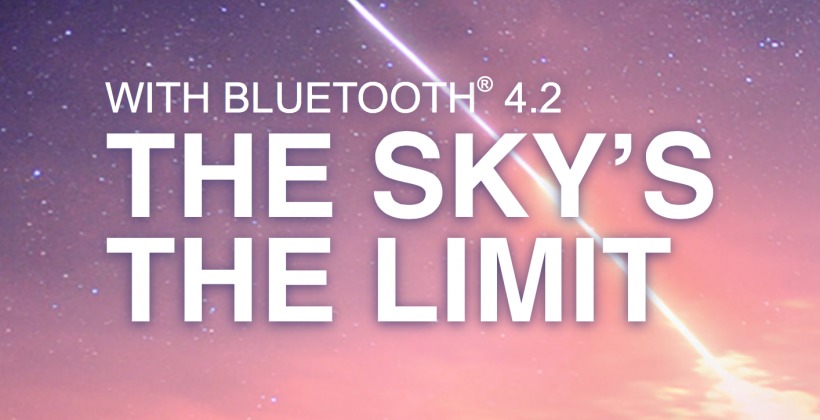
Even with the advent of NFC technology, Bluetooth remains the go to wireless solution for quick and shorter range connectivity. And now that the Bluetooth Special Interest Group (SIG) has ratified version 4.2 of the standard, it is poised to become prevalent even more, especially in the so called Internet of Things era. While Bluetooth 4.0 was most famous for bringing Low Energy to the table, 4.2 will perhaps be known for addressing privacy and security issues and answering the need for speed.
With Bluetooth being used everywhere, it naturally becomes a fertile breeding ground for invasions of privacy. That is why Bluetooth 4.2 focuses so much on protecting the privacy of users. Devices that are eavesdropping on Bluetooth connections cannot just simply connect without the user’s explicit permission. And those who are already connected to you cannot keep on tracking you without your consent either. The latter scenario is important now that a good number of establishments are looking to Bluetooth for more pervasive (and invasive) advertisement, also known as “beacon” technology.
Speed and Internet connectivity is also of the essence, especially since Bluetooth is no longer just used for small, one-off data transfers. The new Internet Protocol Support Profile would allow Bluetooth Smart sensors to connect to the net via IPv6, for example. Data transfer is also boosted to be more than twice as fast as previous versions of the standard. These properties are essential for Bluetooth devices that connect to each other and connect to the Internet to make up your smart home.
While all these might sound rather delicious, in the end it will be up to device manufacturers to implement the new standard, especially with regard to security and privacy. And in some cases, it might not exactly be easy for them. While features like privacy can be delivered simply via a firmware update, depending on the manufacturer implementation, speed benefits will only come via a hardware upgrade, which is harder (no pun intended) to pull off on existing devices. That said, new devices complying with the Bluetooth 4.2 standard are expected to arrive as early as Spring next year.
VIA: SlashGear









